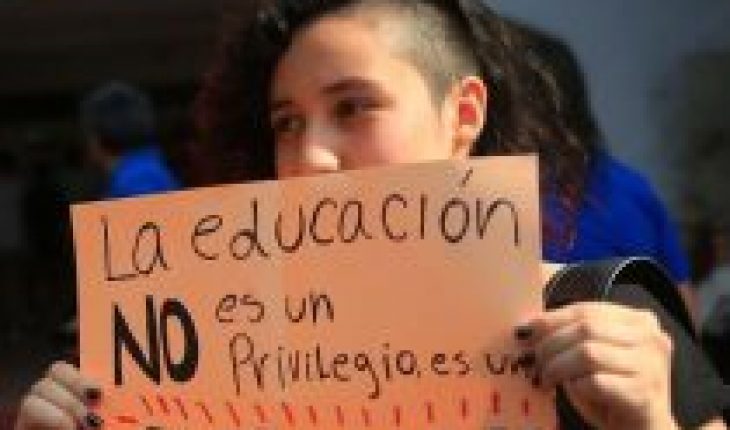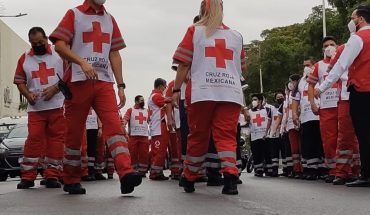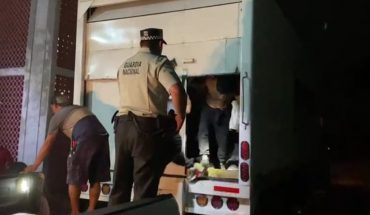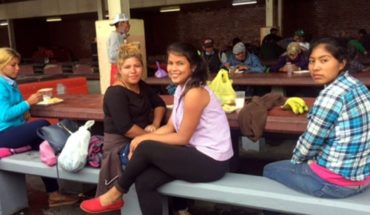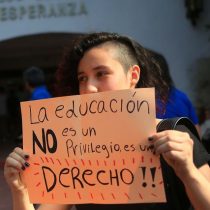
The virtualization of teaching has posed enormous challenges, among which, the material dimension has once again left to light the inequities of the students of our country. Just as a minority group can follow their classes remotely, can do their jobs, and can take good advantage of their conditions to advance their learnings, another ostensibly larger group has nothing to eat.
Like Schwenke and Nile’s song – “With Unicef Data” – the difference between the “seven children who don’t have to eat” and those who surf the Internet, consult their parents when they have doubts, listen to their teacher telematically and that long etcetera that constitutes the educational gap, an outrageous symbol of the unequal society in which we live.
And what have schools and educational establishments done? In desperation, raffles and tombolas have proliferated, campaigns to collect technological devices and repair them thanks to the input of a proxy or a neighbor who offers his work to try to bridge that gap. And as educational communities are organized to get how to deliver better learning opportunities to their students, a portion of them is organized to raise a common pot or to buy “educational” and recreational materials, such as books, pencils, paint sheets, and instruments to make some music.
Why are educational communities forced to do so? Well, the reasons are in sight. As in health, the state is absent and disentaniented. His representatives only raised his voice to announce the imponderable return to school, odding the alarming numbers of increased contagion already foreshadowed in March. And despite everything learned over the past year, a virtualization scenario was not prepared, although it was clear that this would take place again.
Throughout 2020 it was worked on pulse. Ways to reach all children were invented. Cases abound on the social networks of teachers who used every possible means to provide alternatives, however minimal, for their students to advance their school learnings. It was also already seen how these teachers, together with managers and staff, built a support network based solely on their precarious possibilities. That was all learning.
However, this learning seems to have not been at all in public policy that should be addressed on these issues. If there was an educational conception based on the right, individuals and collectives should not be forced to collect money, food and inputs, because all that basis should be provided by the State.
We don’t want one more raffle. The drama behind each raffle is synonymous with helplessness. Some will say it’s proactivity, autonomy or self-management. I wonder if the sick and their families who denigrate themselves to pay for their treatments would agree to call so beautifully that action that leads you to depend on you and your immediate environment, weakening, with every breath, our already magnificent social contract and the precarious adherence between those of us who are part of the same country.
No, we don’t want one more raffle.
The content poured into this opinion column is the sole responsibility of its author, and does not necessarily reflect the editorial line or position of El Mostrador.

